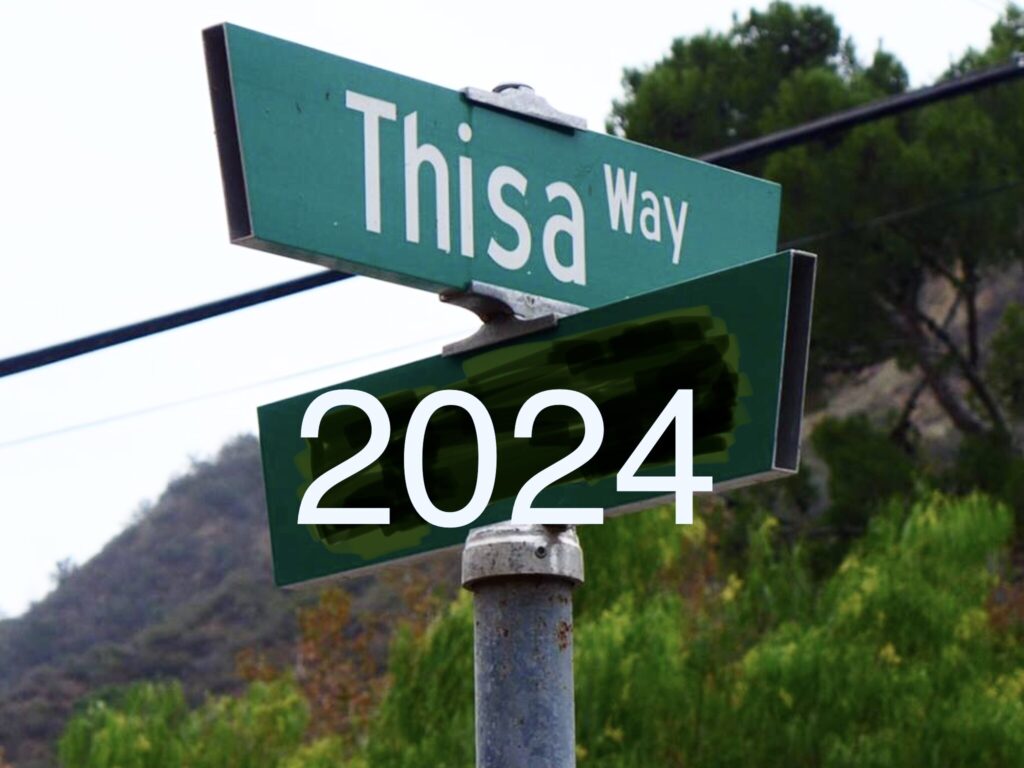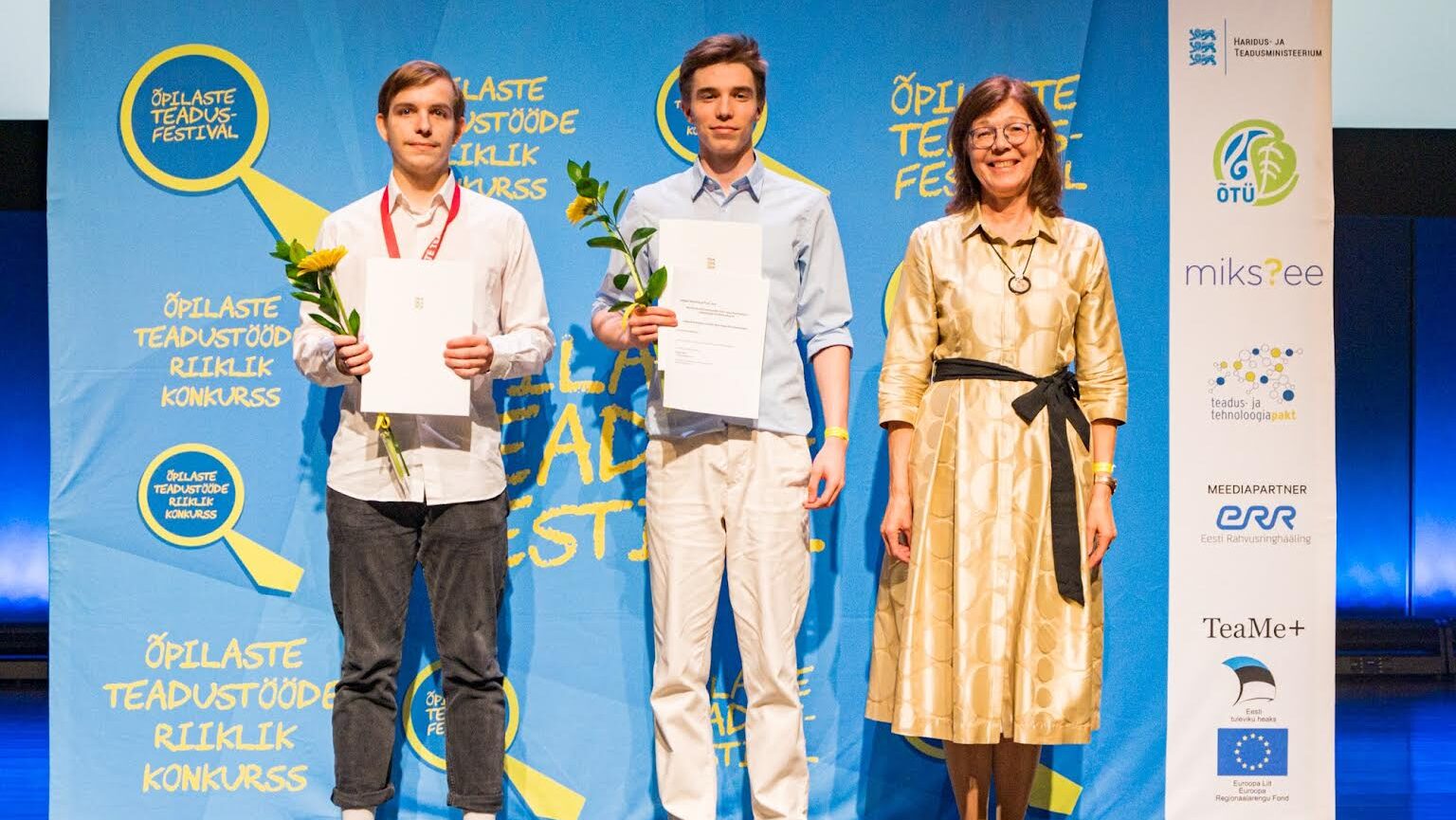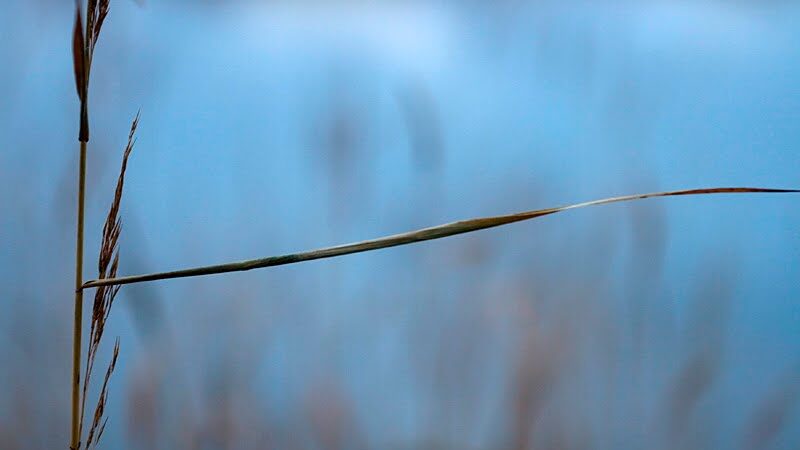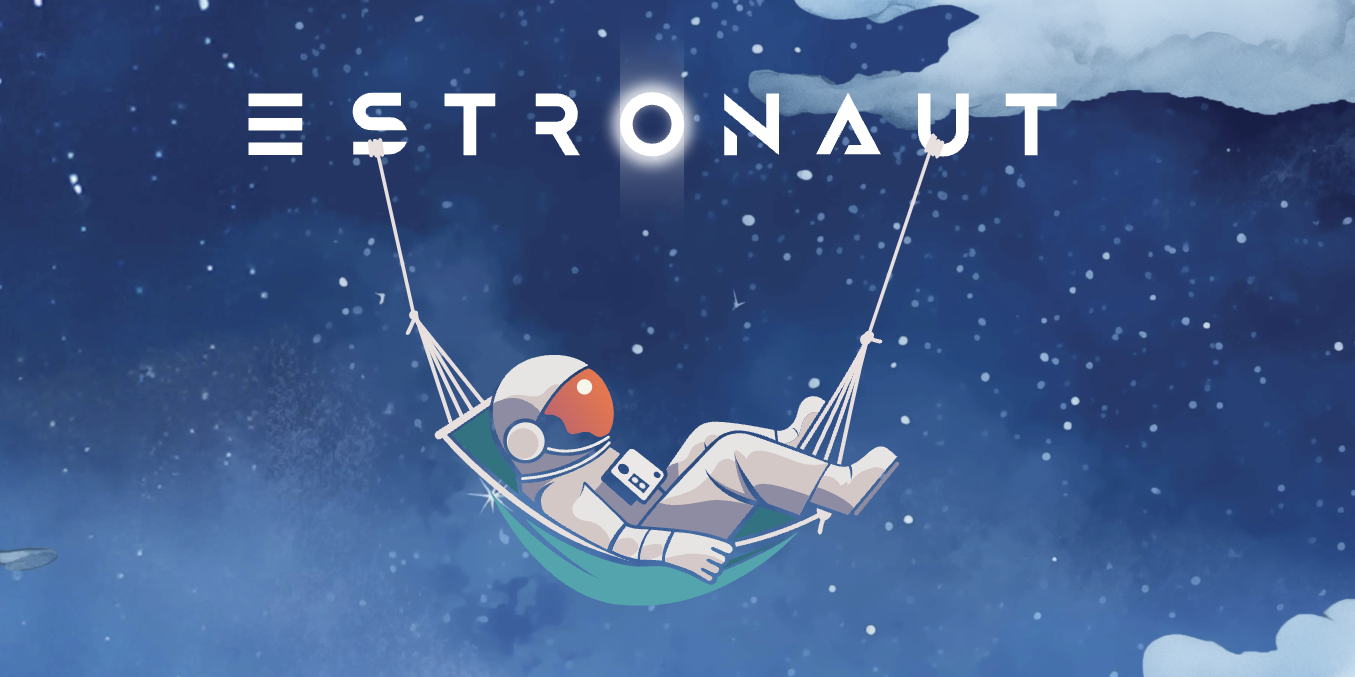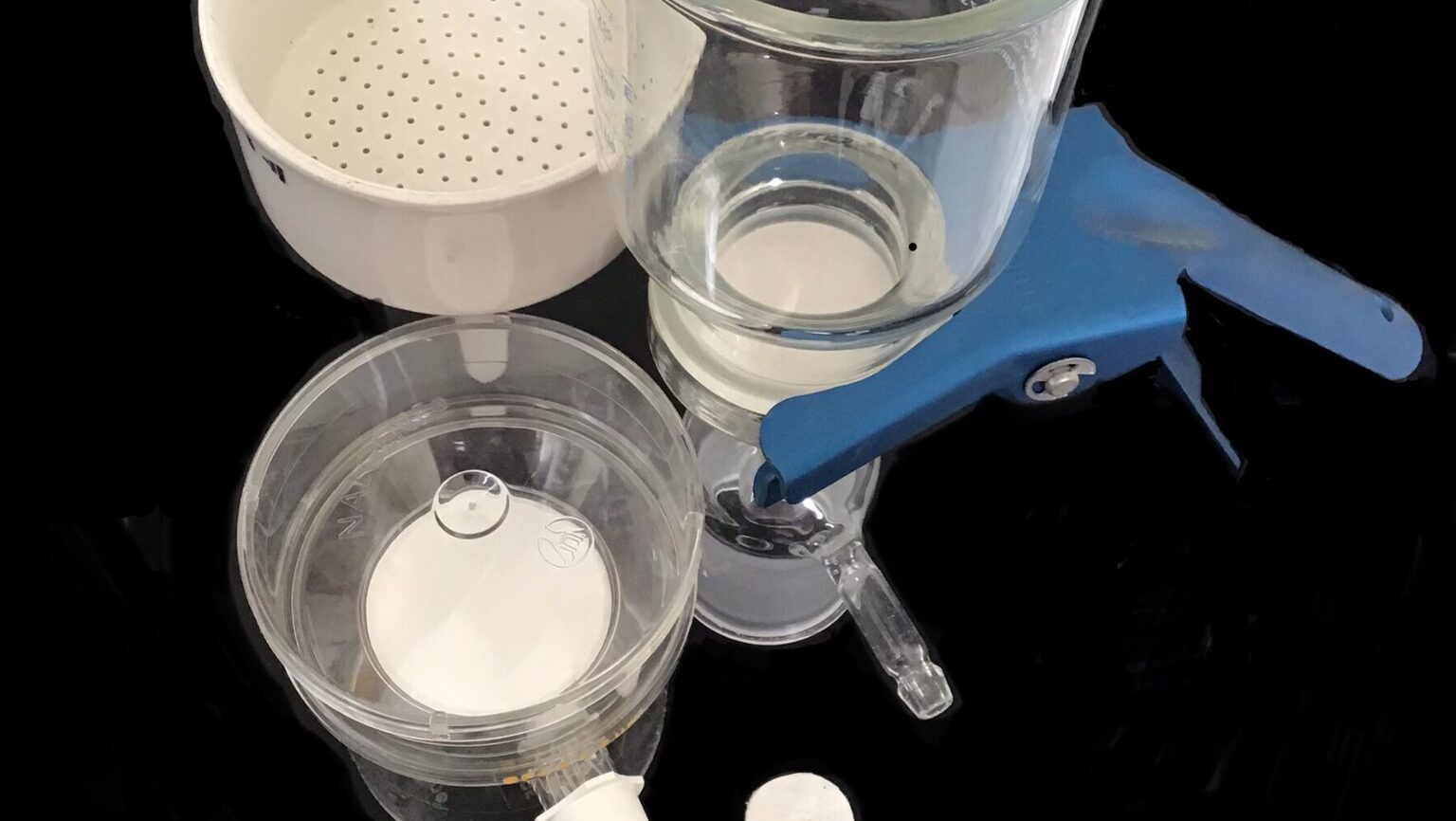In 2018, Ivari Padar wrote an inspiring article on “Teeme jaanipäeva plastivabaks”. A plastic-free environment was widely publicized in 2018, but now many shops no longer sell plastic straw substitutes and some local governments are having a hard time convincing businesses to go plastic-free. Not all countries have this problem, but it is common enough to be worth mentioning.
At my recent student research seminar we decided to promote the following options:
1. Even if governments are slow, people can still do their part by choosing plastic-free utensils as much as possible. For example, my friend likes to use wooden chopsticks or metal cutlery for eating most of the time. A stainless steel straw turned out to be a good substitute for plastic straws and was easy to carry around in a purse or backpack.
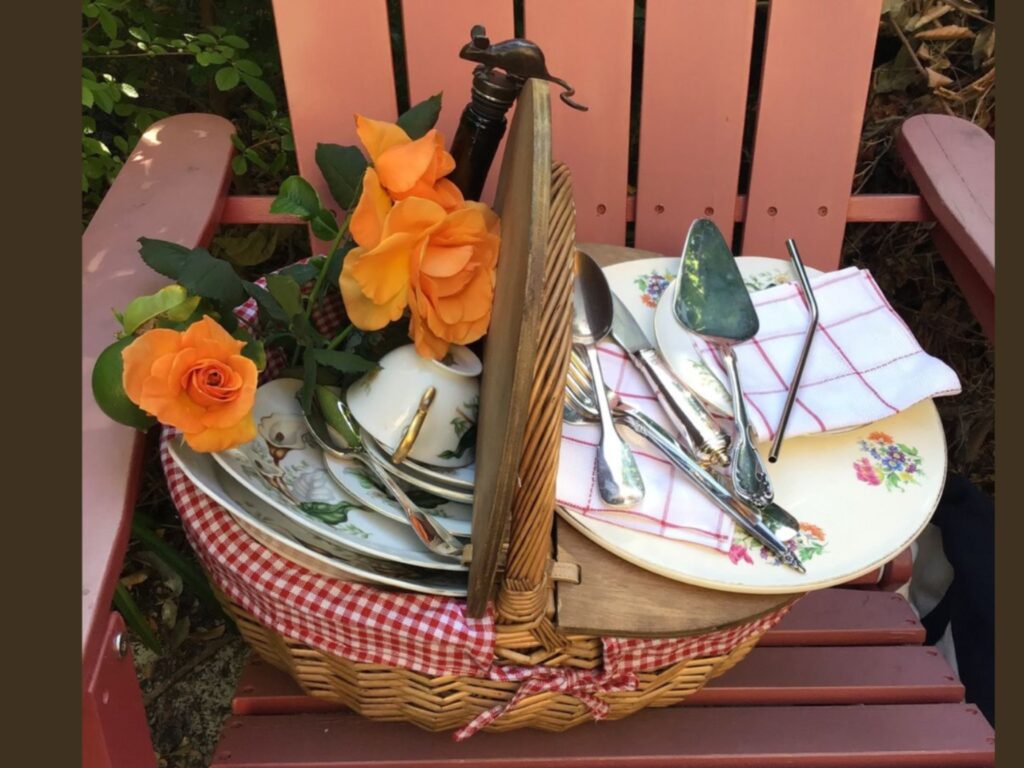
2. Secondly, with the recent decline in “plastic-free news reports”, we indirectly have a great opportunity for new business ventures. Namely, a great need for new plastic-free products but little or no new competition so far. One example: styrofoam cups for hot drinks have been known for decades to dissolve when used for lemon tea. Surely here is an opportunity to replace styrofoam with something that does not have such glaring defects.
Recently, Woola, a new Estonian company, decided to use leftover wool to make sustainable packaging to replace bubble wrap. Woola won the 2023 LVMH Innovation Award in the “Sustainability and Greentech” category. Hopefully, eliminating bubble wrap with Woola or other products can be achieved by the mid-2030s.
3. Thirdly, students interested in doing research on plastic waste removal may want to read reports on the use of fungi or bacteria to degrade single-use plastics. At the 2023 Regeneron International Science and Engineering Fair (ISEF), Ketly Ilvest was one of two students chosen to represent Estonia. She used Oyster Mushrooms (Pleurotus ostreatus) to study plastic degradation (project ENEV001). Degradation using fungi or bacteria is normally a very slow process, but a recent research study suggested that pre-treating polypropylene plastic may achieve faster results. See “Biodeterioration of pre-treated polypropylene by Aspergillus terreus and…”. Other studies using bacteria are also recommended reading.
Finally, having just read “Ilust meis ja meie ümber” (Edasi, No. 180 #4, 3. August 1977), and “Jõululumi” written by Kustas Põldmaa in 1977 and 1932, respectively, I get the impression that human beings have had a long history of trashing the environment and not being motivated enough to accelerate change. Thankfully with new companies like Woola and other new startups, we should see a positive change in the near future.
